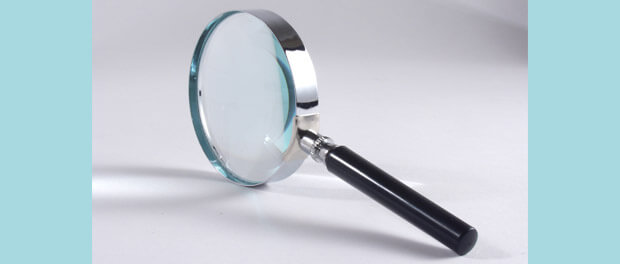
The fruit of the regular practice of the Examen—or more broadly, the life of regular, cumulative, formative reflection—is living with greater attentiveness, greater readiness, even greater anticipation of God’s whispers.
I felt it this evening, running an errand with my older daughter Grace. We searched six stores for an item she needed for a science fair project—in the middle of rush hour!—when at one point it just occurred to me: “I am really enjoying this.” Just she and I, spending time together—it was wonderful. She has a foot in childhood, and a footfall poised above tweenhood, and I was so delighted to be spending this moment appreciating her.
Love allows us to perceive mystery, the deep fountain of the beloved’s personhood. At that moment I was drinking the memories of our trip to China to adopt her, a ten month-old baby; I was recalling moments over our nine years together; I was looking forward to middle school, high school, college, married life. My fears for her, my great hopes—all there. And gone in a moment as we entered the car, re-entering ordinary time.
The unexamined life is not worth living—so said Plato; so, in essence, said Ignatius. It is easy to see why: you’d miss too much.

I find today’s concept of using Examen the most beneficial of the daily exercises highlighted in the monthly list. The unexamined life is missing so much. Thank you for a most helpful website. I also use in conjunction the ‘Daily Examen’ app on my smartphone.
That first sentence is a great “stand alone’ for further consideration.
Tim
it was quoted by Plato but it is Socrates who is the one who said it.
You would appreciate how important it is to be accurate with referencing!
This is from The Guardian when they got it wrong and apologised.
‘Plato was credited with the quote, “An unexamined life is not worth living”, in this column. It does, indeed, come from Plato’s Apology, which is a recollection of the speech Socrates gave at his trial. Socrates is attributed with these words after choosing death rather than exile from Athens or a commitment to silence.’
Thanks for the reflection
Laurie
Laurie, I take your point. But I teach the Apology every year and note that while Plato attributes the line to Socrates, in much of Plato’s writing it is nearly impossible to distinguish whether he speaks for his teacher or for himself. We have no texts from Socrates, only Plato’s words; and so I continue to ascribe the line to Plato.
I have been wondering recently if I do not reflect to much, and perhaps I do but thank you for offering a perspective that had not occured to me – that our lives are not worth living if they are unexamined.